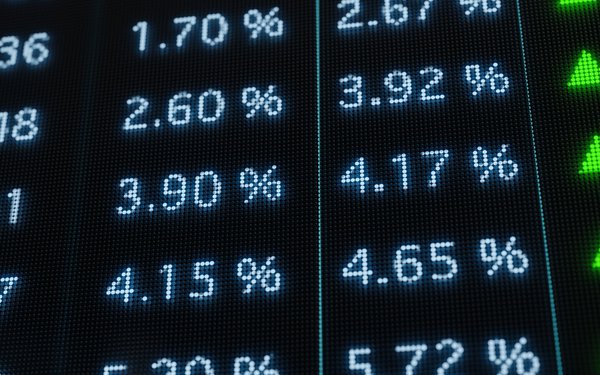
TV’s business marketing messages are becoming
clearer.
NBCUniversal’s cable business network CNBC keeps talking about a “high level of uncertainty” of the entire economy when it comes to the Trump Administration’s
tariff plans.
Many economists are strongly concerned that global tariffs will raise prices for all consumers -- in other words, that a bad downturn in the U.S. economy is on the way.
This would be the opposite of the Federal Reserve's current thinking over the past few years during the Biden Administration with reference to its monetary policy direction and its tools to bring
down inflation.
With a decent economy continuing, the Fed had been very gradual in making interest rate cuts -- with a sharp eye that any big cuts would cause inflation.
Perhaps all
bets are off now.
advertisement
advertisement
A January 2025 reading shows that inflation is at 3% -- a slight increase from 2.9% in December. The Fed’s target remains at 2.0%. “We could be heading for
something worse,” said one business analyst on CNBC last week.
For its part, CNBC has not been an alarmist as a TV news network through any of this, even considering the massive
potential jobs cuts to federal agencies the Trump Administration has been trying to make. It sticks to the nuts and bolts of the marketplace and how to make investors money -- both large and small --
and stays away from much of the political polarization of general news networks.
Steve Liesman, senior economics reporter on CNBC, said last week: “It is clear 'uncertainty' over fiscal
policy by the Trump Administration has taken a central role in the minds of central bankers.”
What happens then? Perhaps even a dramatic rate hike? Liesman adds: “I think
it’s a low probability. [But] it has to be on your radar screen... This is not 2018. Tariffs may not be as benign as they were last time [during the first Trump Administration]."
Stock-market declines and volatility should send shock waves through the current administration. President Trump wants the opposite, and has not only called for dramatic interest rate declines, but
hinted that he would like some control over the independent Federal Reserve, perhaps with a “shadow” Federal Reserve chairman.
One data point to consider is that since the start of
the Trump Administration, major market indices have seen virtually
flat or slightly down results, with no gains.
Right now there is a cautious approach to things. The VIX
-- the volatility index, known as the “fear gauge” -- is now up 5% or (to 15.90) since the Trump Administration took over. On February 3, it spiked up 18%.
Are stock market indexes
also sending a marketing message? Who is buying into that?